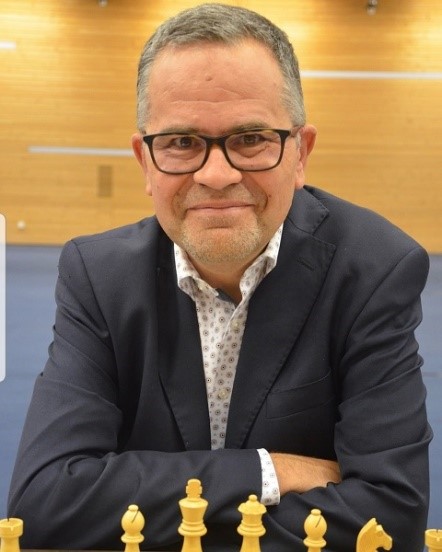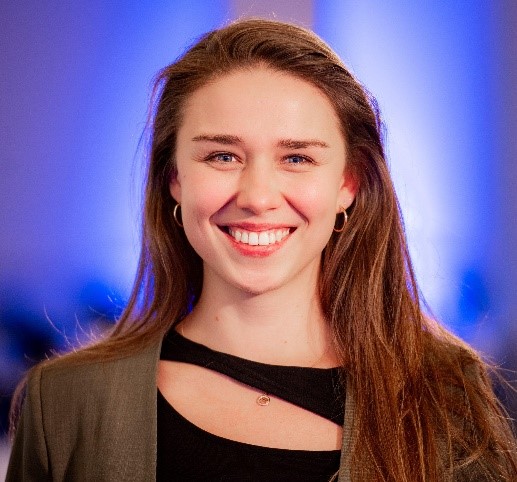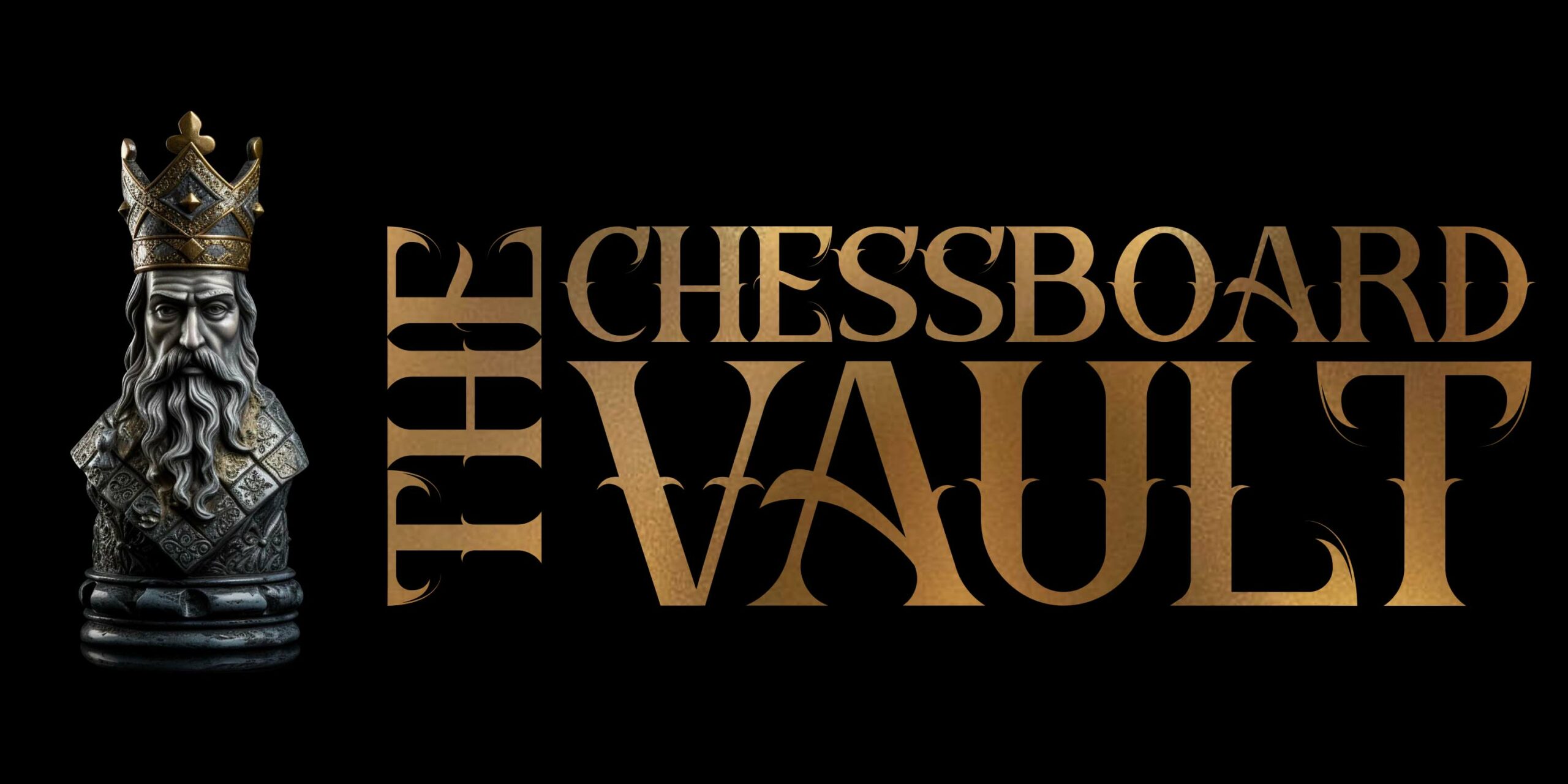In its truest form, the game of chess is much more than an expression of play or competition; it is a clear manifestation of the balance between the human spirit, strategy and interaction between people.
The social approach to chess
FIDE uses the term “social chess” to refer to all initiatives that contribute to social development, inclusion, education and improving the well-being of individuals and communities. Social chess therefore focuses on aspects that go beyond the competition itself, emphasizing the game’s power to promote social inclusion, develop cognitive and emotional skills, foster community cohesion and promote chess in educational and social institutions. In various contexts, chess is used to integrate people of different ages, genders, cultures and social backgrounds, encouraging equality and mutual respect:
- In the educational system, they can help improve critical thinking, problem-solving, concentration and patience in young people and adults.
- Many initiatives use chess in community programs to bring people together, including vulnerable or marginalized groups such as the elderly, people with disabilities or children at risk.
- Chess programs have also been implemented in prisons and hospitals, where the game serves as a vehicle for learning and emotional well-being.
FIDE wins Anthem award
Last February, FIDE was honoured with an Anthem Award, winning bronze in the category Diversity, equity and inclusion for its project Chess for Freedom. launched in 2021 in partnership with the Cook County Sheriff’s Office in Chicago, USA. The initiative aims to offer prisoners the opportunity to improve their skills and future prospects through chess. The latest edition of its flagship event, the Intercontinental Prisoners’ Chess Championship, held in October 2023, saw 116 teams – including 22 women’s teams and 17 youth teams – from 50 countries compete.

André Vögtlin, President of the FIDE Social Commission.
The FIDE Social Chess Commission
The FIDE Social Commission is committed to using chess as a tool to promote social development. It advocates the use of chess as a means of promoting social change by
- promoting equal social, economic and gender development;
- developing life skills, ethics, good values and autonomy;
- reaching out to children in vulnerable situations, such as those in poor communities, refugee camps and prisons;
- collaborating with organizations dealing with issues related to aging and memory loss.
- seeking to use chess as a platform to help children develop life skills, thus fostering positive social development.
The fundamental idea is to create programs, training and opportunities that empower those who use chess for social development, such as teachers, trainers and social workers. An essential element is access to FIDE seminars, which enable experience to be gained in promoting the sport worldwide. In this way, the Commission seeks to strengthen the social fabric of communities through chess, facilitating intergenerational dialogue.
2025 Year of Social Chess
On September 26, FIDE announced that 2025 would be theYear of Social ChessTo this end, it has published the following note on its website:
At the FIDE General Assembly in Budapest, FIDE President Arkady Dvorkovich, along with Dana Reizniece-Ozola and André Vögtlin, proudly announced that the year 2025 would be declared the “Year of Social Chess”. This innovative initiative will harness the power of chess to solve some of the world’s most pressing social problems, promoting inclusion, education and mental well-being.
A year of global impact
L’Year of Social Failures aims to introduce chess into a variety of communities and environments, from prisons and refugee camps to retirement homes and drug rehabilitation centers. Focusing on chess as a tool for social well-being, FIDE will support projects that promote cognitive development, community building and rehabilitation. FIDE President Arkady Dvorkovich commented:
Our goal is to make chess a force for positive change. With theYear of Social Failureswe’ll be putting chess at the forefront of social innovation, connecting people around the world and making a real difference to their lives.
Main initiatives
Throughout 2025, FIDE will be offering a number of events and initiatives, including:
- January: a global online social chess event, involving players from all over the world, to launch the year.
- March: chess projects for protection in refugee camps and marginalized communities.
- May: the conference Chess for Freedom in Georgia (USA), highlighting the role of chess in prison rehabilitation programs.
- July: initiatives focusing on the use of chess as a therapeutic tool in addiction recovery and psychiatric care.
- October: an online intercontinental championship for prisoners, linking inmates from all over the world through chess.
- December: the year will end with a documentary film festival on social chess, showcasing how chess has changed lives around the world.
FIDE invites chess federations, players and organizations around the world to join the movement. For more information on upcoming events and how to get involved, visit the official Social Chess website, which will be launched later this year.

Lasma Kokorevica, Secretary of the FIDE Social Commission.
Conclusions
- The proclamation of theYear of Social Chess symbolizes worldwide recognition of the immense transformative power of chess. This movement represents a step towards a world where chess is not only played on chessboards, but also acts as a tool for inclusion, equality and human development.
- Social chess offers a universal language that transcends cultural, economic and geographical barriers.
- 2025 will be an opportunity to use chess as a catalyst for dialogue, encouraging empathy, patience and mutual understanding – a time when chess, more than just a sport, will become a movement that inspires, unites and transforms lives.
